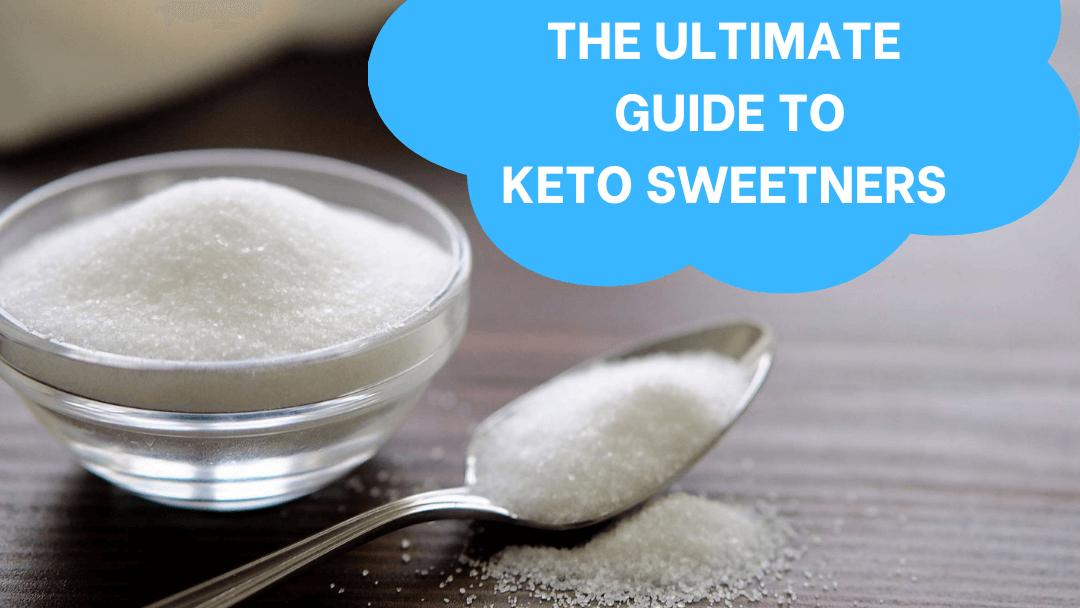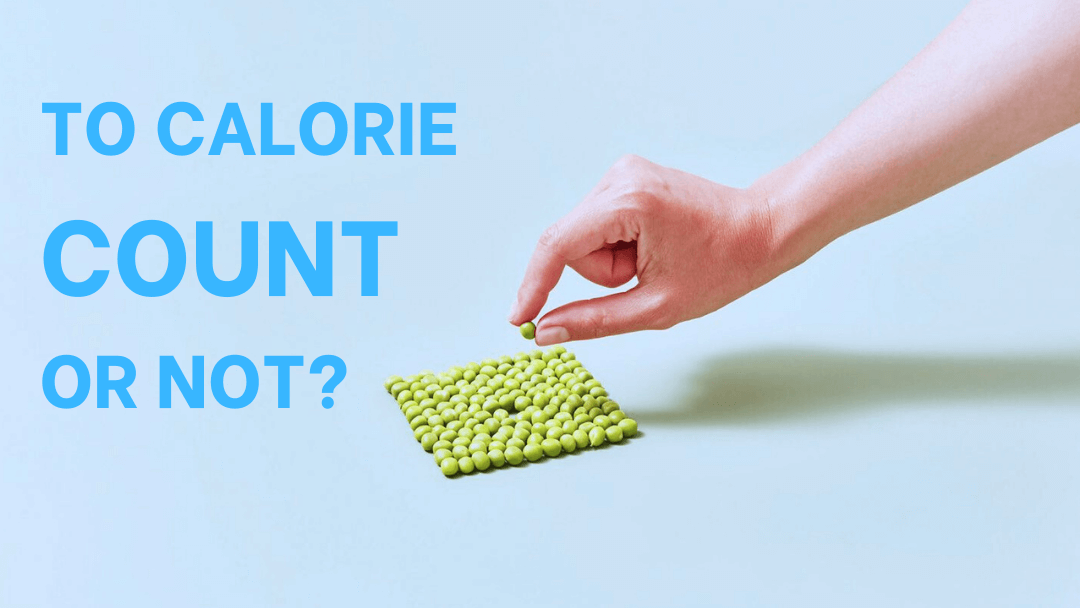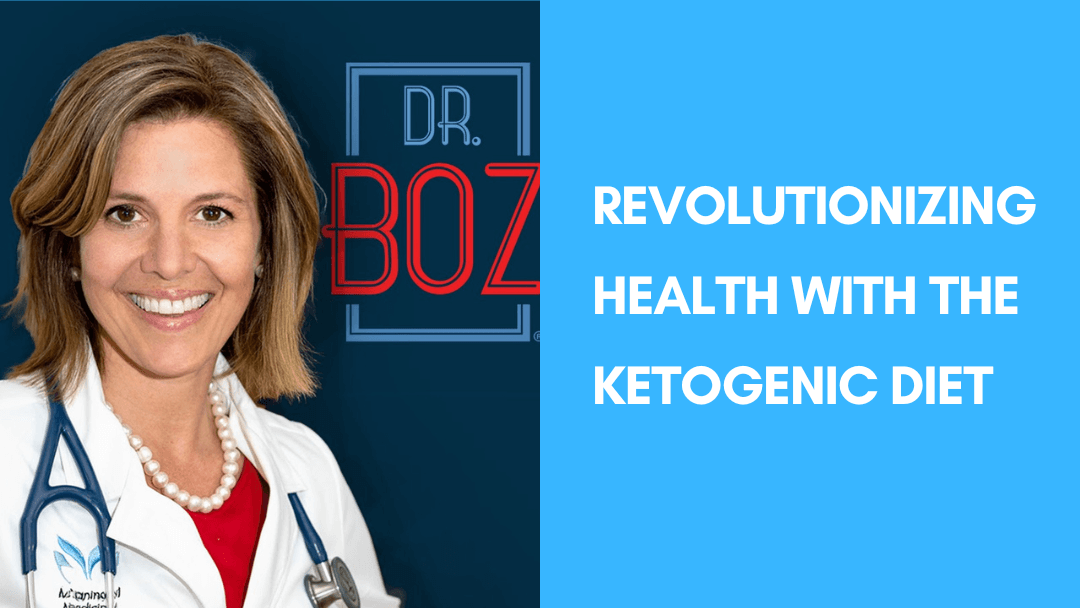In the dynamic journey of life, our nutritional needs evolve with each passing phase. One dietary approach that has gained popularity for its potential health benefits is the ketogenic diet. But can one size fit all, especially when it comes to age? Let's explore the correlation between life's phases and keto's stages, unraveling the secrets of age-responsive nutrition.
The Ketogenic Diet Primer
Before delving into age-specific considerations, let's briefly understand the basics of the ketogenic diet. Traditionally known for its efficacy in weight management and blood sugar control, keto is characterized by a high-fat, moderate-protein, and low-carbohydrate intake. The primary goal is to induce a state of ketosis, where the body burns fat for fuel instead of relying on carbohydrates.
Childhood and Adolescence
During early years and teens, unrestricted calorie intake supports growth and development. For children following keto, carefully tracking macros is advised under guidance of a pediatrician. Protein intake should relate to lean body mass to avoid large deficits that could hinder building muscle and bone. As a general range, 0.5-0.8g protein per pound of body weight meets needs.
Low-carb youth diets focus on nutrient-dense whole foods like grass-fed proteins, healthy fats, low-sugar fruits and veg. Supplements may be needed if restricting food groups. Ensure dietary fat accounts for around 60-70% of daily calories. While standard keto ratios aren't advised long-term for minors, a lower-carb lifestyle approach cultivates healthy habits and metabolic flexibility foundational for life.
Adulthood in its Prime
From ages 20-40, metabolism remains efficient. Protein aims around 0.7-1g per pound for muscle maintenance. Carbs reduce below 50g per day for ketosis with tailored calorie goals. As fitness followers, the IPX8 waterproof SiBio KS1 CKM Sensor measures 24/7 ketone levels through its 14-day use, surfacing adaptations to optimize nutrition.
Midlife Changes
From 40-60, natural metabolic shifts require reassessment. Protein recommendations rise to 0.8-1 gram per pound to sustain muscle mass increasingly at risk for decline. Calories may reduce slightly with age while quality nutrition remains paramount.
Heightened stress during caregiver years also warrants support. Prioritizing stress-relief through adequate sleep, relaxation and social connections aids hormonal balance crucial for blood sugar regulation. Low-impact strength training preserves mass too as activity levels potentially decrease with more responsibilities. Continuous ketone monitoring assures safe fat-burning adaptations over interim years.
Later Life Vigor
Post-retirement lifestyles demand dietary modifications. Reduced daily energy needs around 1,500-2,000 calories suits sedentary schedules. Protein elevates further to 1-1.2g per pound to defend frail frames. Supplements fill gaps where absorbing whole foods becomes challenging.
Strict ketosis could over-tax seniors' metabolism and kidneys. A lower-carb, nutrient-rich whole food approach better supports wellness. Hydration remains essential as kidney function declines with age. Nutritional transparency through ketone levels tracking prevents dehydration risks through clearly illustrating individual responses to various intake levels.
Consider incorporating SiBio KS1 Continuous Ketone Monitoring (CKM) System to track your ketone levels in real-time. This advanced device transforms fat-burning tracking through real-time monitoring via user-friendly SiBio app, ensuring uninterrupted 24/7 usage over 14 days. Built to endure an active lifestyle, the waterproof and sweatproof SiBio KS1 Ketone Sensor eliminates the need for inconvenient fingersticks, providing a seamless and comfortable monitoring experience.
Conclusion
In the intricate tapestry of life, our nutritional needs weave a story of evolution and adaptation. The ketogenic diet, with its transformative potential, can be tailored to complement the unique requirements of each life phase. Whether you're seeking sustained energy, hormonal balance, cognitive support, or longevity, an age-responsive approach to keto may be the key to unlocking your optimal well-being.
Remember, the journey is personal, and the key to success lies in understanding and embracing the nuances of your body's needs. As you embark on the path of age-responsive nutrition, let keto be your companion, adapting and evolving with you through the beautiful stages of life.
FAQs:
Q: Does age affect keto diet?
A: Age can influence how the body responds to the ketogenic diet. Metabolic rate may change with age, and individual health considerations become more critical. Very young, older adults and those with medical conditions may require modified approaches tailored to their nutritional needs and abilities. Macro ratios, calorie intake and rehydration strategies may vary at different life stages.
Q: Are there any special considerations for women of different ages on keto?
A: Yes, women of different ages may have specific considerations on the ketogenic diet. Hormonal changes, especially during phases like menopause, can impact how the body responds to dietary changes. Women should pay attention to their individual health needs, including bone health and hormonal balance.
Q: What precautions for older adults on keto?
A: Start slowly, remain hydrated and regularly replenish electrolytes to prevent dehydration risks. Monitor medical conditions closely and adjust medications if needed. Consider bone broth for nutrients. Meet vitamin/mineral needs through nutrient-dense whole foods or supplements tailored for seniors. A modified low-carb approach versus strict keto may be healthier long-term.










